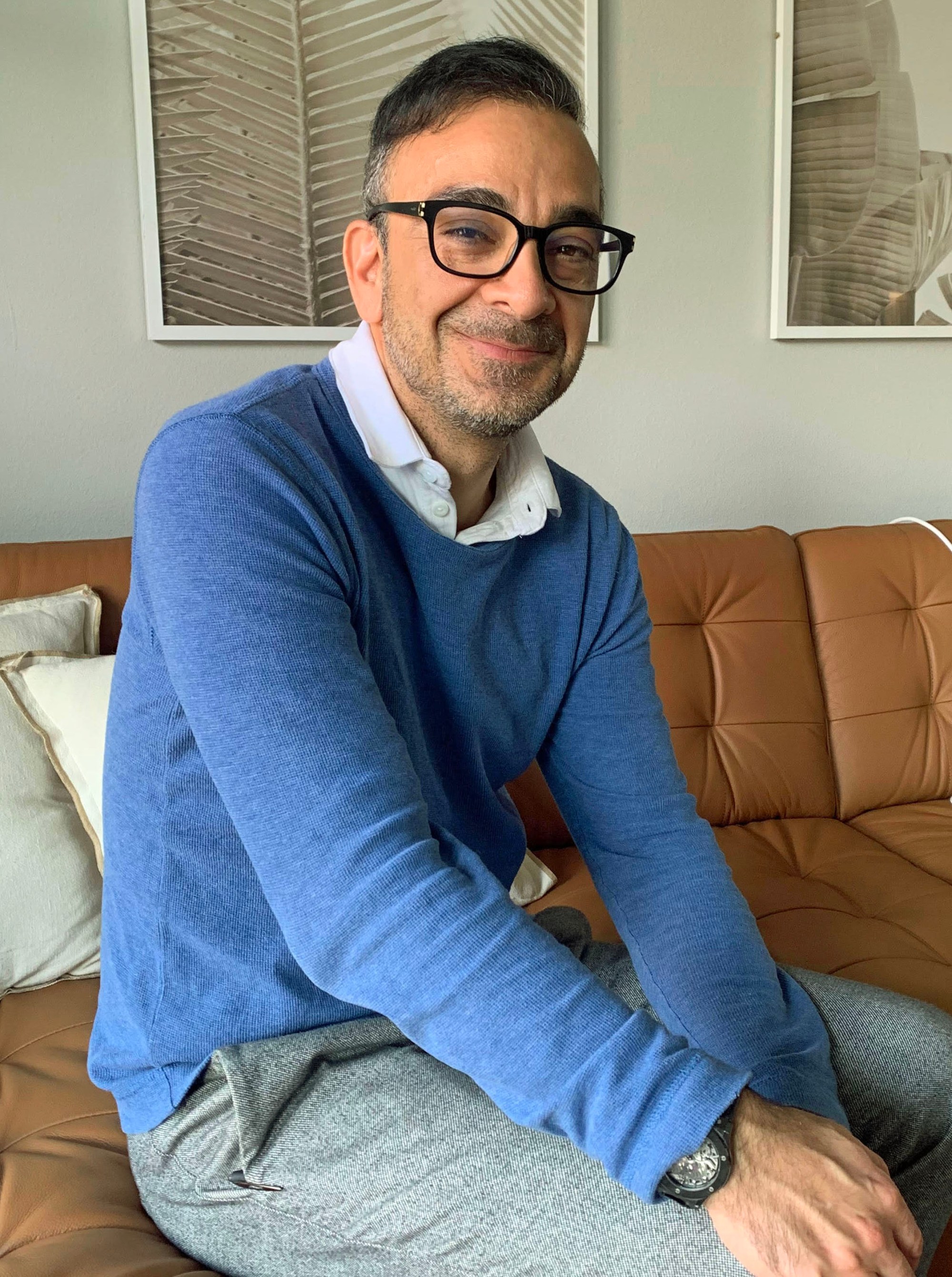
- Interviews
Cyrus Neshvad: “It Terrified Me that Women were Disappearing”
Cyrus Neshvad’s mother told horrifying stories at the dinner table in Luxembourg. It was back in 2019 and she had heard from several family members on the phone from Iran that a lot of women were disappearing without a trace. The possibilities of what had happened to them were horrifying. They had probably been against the regime and they had probably been killed.
“I was terrified,” says Cyrus Neshvad, when we meet him in an apartment in Hollywood where he currently lives. “When I overheard this, I knew I had to do something. I would not be able to look myself in the mirror and say ‘you heard something and you did not do anything.’”
The stories triggered Neshvad’s imagination and he began writing The Red Suitcase with his co-writer Guillaume Levil, a film that is now nominated in the short film category for an Oscar. Until now, he had hesitated to make a film about Iran, a country his family fled in 1979 during the Islamic Revolution when he was just 5 years old.
“I always thought of Iran as the father who was beating me and I did not like him. I hated him because was beating me. I found a father called Luxembourg who was good to me, so I never wanted to talk about Iran before. But with this story, I had to do it.”
The writing team created a story about a sixteen-year-old girl, Ariane, who arrives alone and scared at the airport in Luxembourg. Her father is texting her asking her about her whereabouts, and soon we learn that her husband-to-be is waiting for her on the other side of Customs. This is a man who is much older than her and who, it becomes apparent, she did not agree to wed.
“In Iran, you live in a patriarchy. So the man decides over the woman. A man can have a lot of wives. In Iran, a woman needs the consent of a man to do anything. If the man says no, she cannot go against him. So I wanted to create a story where the power of the woman does not exist. In this story, it is the father who tells her to do as she is told. The men have made a transaction and they have the power over the girl.”
Ariane, who is played by Nawelle Ewad, does not, however, want to give them that power. Clinging to her little red suitcase which is her only possession and which Neshvad says represents her heart, she decides to remove her hijab and escape from her husband-to-be. This takes courage.
“What is the price for her to be free?’ asks Neshvad. “She has to say goodbye to a lot. She has to say goodbye to her family, to her identity, to her heart and to her money. But at the end she is free, so it is worth it.”
Since Neshvad made The Red Suitcase, there has been an uprising against the misogynistic theocracy in Iran which initially was a reaction to the murder of 22-year-old Mahsa Amini by the morality police in September 2022.
“At the time nobody was talking about it,” says Neshvad about writing the script in 2019. “So I felt I had to talk about it. But when the film came out, everyone was starting to talk about it and people thought I was a visionary and they asked me how I knew it would come to this.”
Neshvad made sure that his actress communicated directly with the audience when she took off the hijab. It was a sign that she is no longer controlled by the men.
“I wanted her to look straight into the lens,” he says. “I wanted her to invite other women to join her. “
This kind of filmmaking does not come without a price. Even though Neshvad’s passport is from Luxembourg today, he finds himself worrying about the Iranian regime’s reaction to his film. He has received hateful messages and has been called ‘anti-Iranian’ and ‘anti-Islam.’
“One thing Iranian filmmakers who are critical of the regime have in common is the fear,” he says. “If I had done this film in Iran and had it been successful at the Oscars, I would have been arrested.“